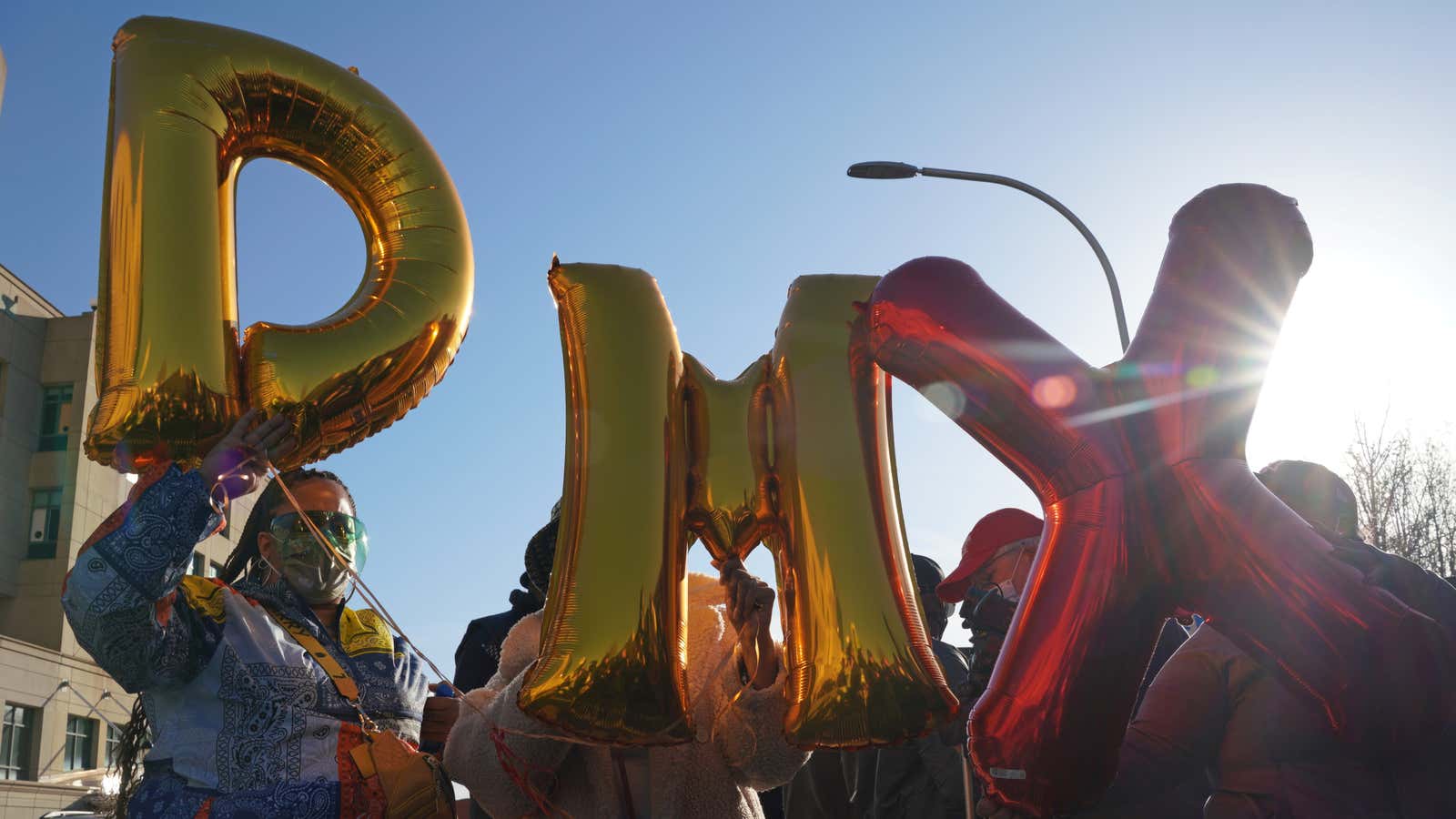The American rapper known as DMX (his real name was Earl Simmons) died at 50 today, his family said, after suffering a heart attack allegedly triggered by a drug overdose.
While the details of the overdose and death are still unconfirmed, DMX had a history of struggling with addiction, including to crack cocaine, for which he sought treatment.
This latest death comes as opioid deaths hit an all-time high in the US. Final data about 2020 isn’t yet available, but at least 88,000 people died in the 12 months prior to August 2020—a 27% increase from the same period a year before.
The majority of the deaths were caused by synthetic opioids, such as fentanyl, according to the Centers for Disease Control and Prevention (CDC), but there have been increases, too, in deaths from cocaine overdoses.
The disruption and isolation caused by Covid-19, as well as job losses and financial distress have led more people to opioid use and pushed users who were in treatment toward relapse. Synthetic drugs, which are at a much higher risk of causing overdoses, became more available as closed borders disrupted drug supplies.
Overall, experts estimate that the pandemic has undone a decade’s work of progress in addiction treatment.
Although in some cases new regulations put in place due to Covid-19—such as easier access to at-home methadone treatments—helped maintain people in treatment, the pandemic put a financial strain on rehab facilities, which are emerging from it weaker at a time when their services are most in need.
Overdose cases have hit Black and Hispanic communities especially hard. For many years, opioid abuse and overdose was considered an issue affecting whites, so fewer resources have gone in prevention and support of non-white communities dealing with addiction, leaving them especially unprepared to face the recent increase in drug abuse and overdose.
